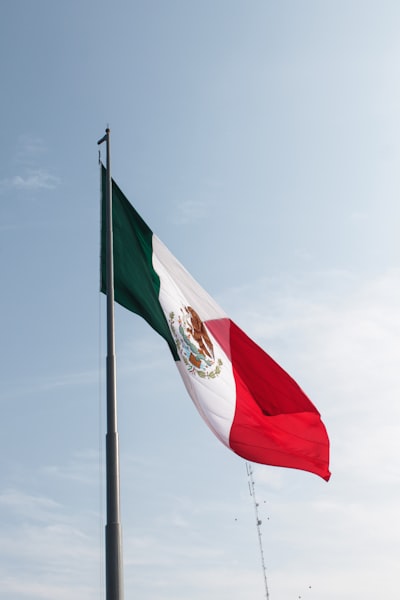The growing frequency of commercial space launches has added a new frontier to international disputes: orbital debris falling back to Earth. This week, Mexico’s president threatened legal action against SpaceX after debris from rocket explosions reportedly landed on Mexican soil. His stance raises profound questions about how national sovereignty, public safety, and private industry increasingly collide in the race to space.
At the heart of the controversy: SpaceX, led by Elon Musk, has revolutionized access to space—but at a cost. With rapid-fire rocket launches, especially through its Starship test program, accidental explosions have become almost routine, sometimes showering debris over large swaths of land, including regions beyond U.S. borders. When fragments were discovered in populated areas of northern Mexico, public concern soared.
Who’s responsible when the sky falls? International law is hazy here. The Outer Space Treaty (1967) and Liability Convention (1972) set broad principles, but enforcement is ambiguous when private companies are involved and debris travels across borders. Is it the launching state or the company—or both—who holds the liability? Mexico’s push for accountability could set a legal precedent, influencing space-faring nations and commercial operators globally.
| Viewpoint | Pros | Cons |
|---|---|---|
| Strict Liability | Ensures protection for affected states | Could discourage private innovation |
| Laissez-faire | Fosters rapid industry growth | Potential environmental and safety risks |
Hidden costs and local impacts: Beyond legal technicalities, the reality on the ground is stark—families discovering charred rocket parts on farmland, worries over toxic materials, and fear that the next accident could be deadly. Meanwhile, the local economy gains little from this high-stakes global industry, fueling resentment against distant billionaires and tech giants.
Broader implications: As more nations and startups join the space race, expect these incidents to increase. The lack of clear accountability highlights the urgent need for updated international protocols. Mexico's threat to sue is not just headline theatrics; it’s an assertion of national dignity in an era when private actors can affect public safety and environmental health without borders.
The bottom line: How the world responds will shape the next era of space exploration. Will we prioritize corporate growth and technological achievement, or will we reset the balance to ensure basic safeguards and respect sovereignty?
This article was inspired by the headline: 'Mexico’s president threatens to sue over SpaceX debris from rocket explosions'.

Comments
No comments yet. Be the first to comment!